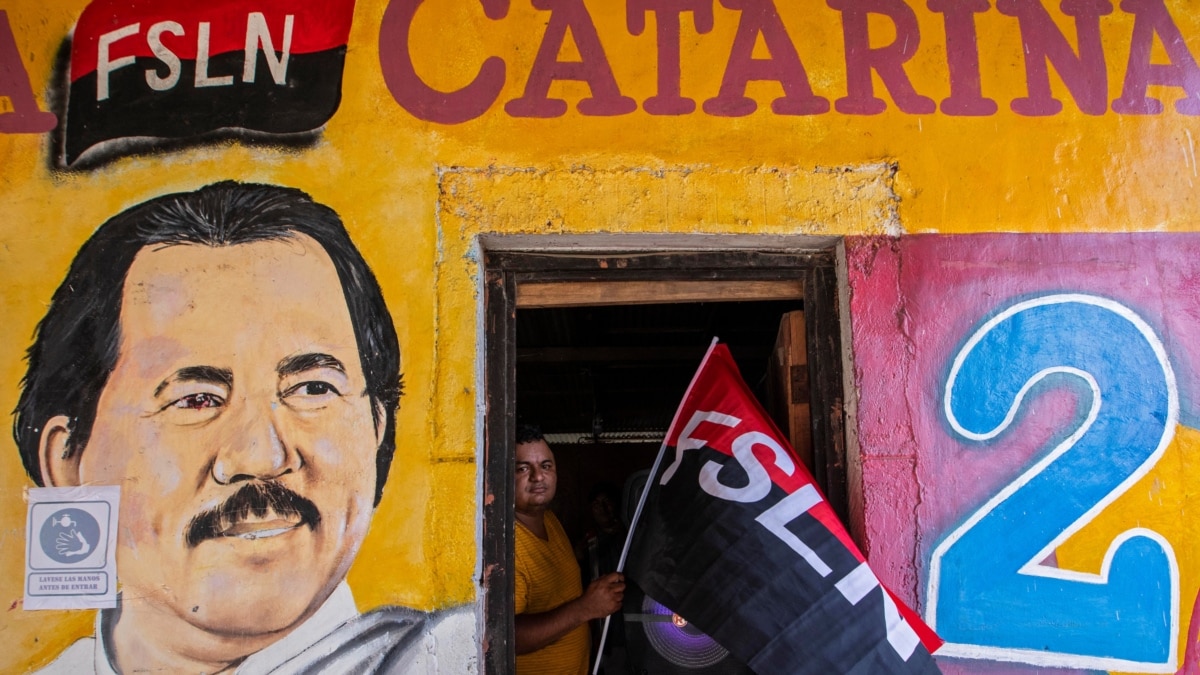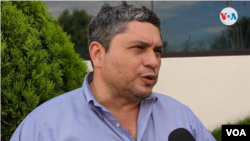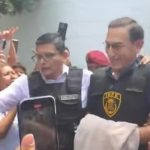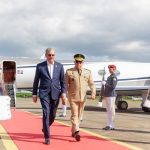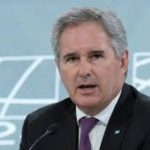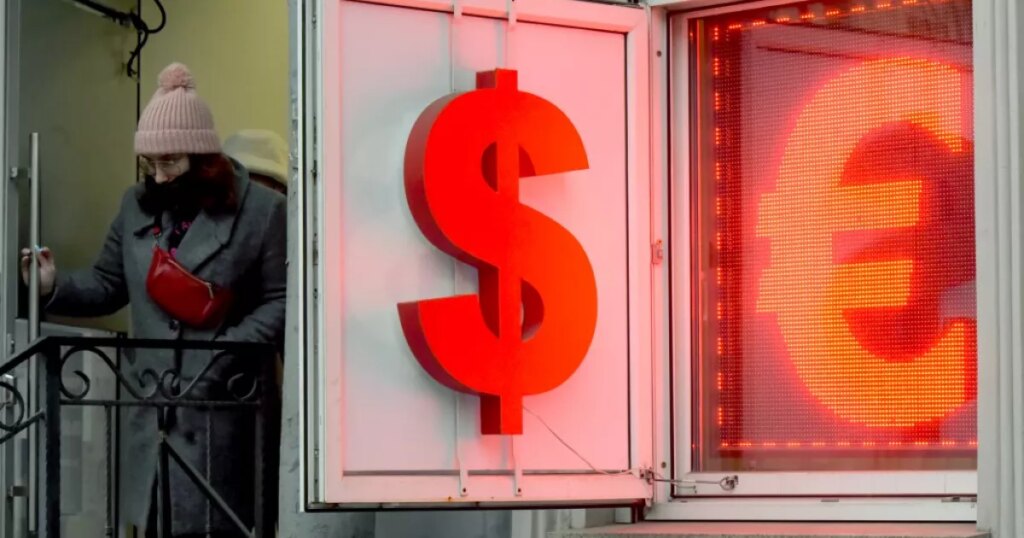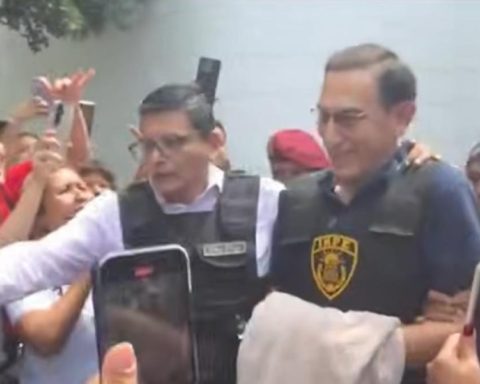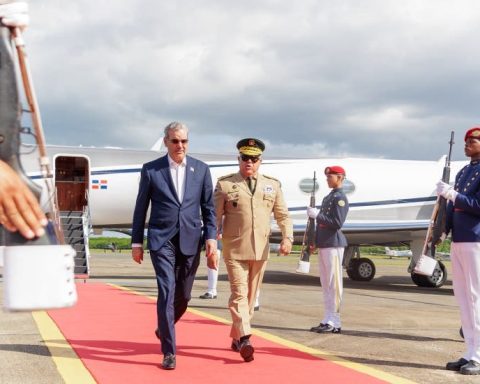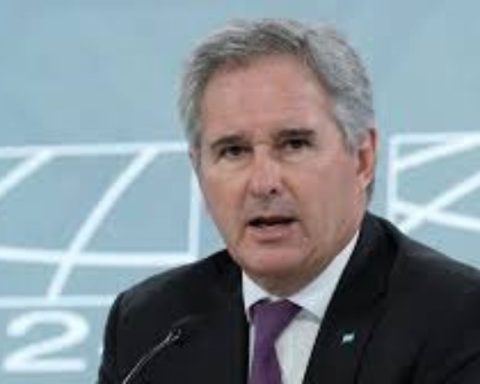Days after the beginning of the popular protests against President Daniel Ortega in april 2018an emergency meeting was called in the Nicaraguan capital where a directive was ordered: “Let’s go with everything.”
He was referring to how the government would respond to protesters.
The order that tried to appease a Managua full of sit-ins in the universities and in the streets would not have come from the mayor Reyna Rueda, but from the secretary general of the capital’s Mayor’s Office, Fidel Moreno, he tells the voice of america the former official of the Central Bank Ligia Gómez, who was in that place.
According to Gómez, Moreno is a kind of “super official” at the internal level of the mayor’s office. He appears on state television giving statements about events in the capital, visiting families in Managua when it rains and there are floods, or when other natural phenomena occur.
“The mayors only appeared in cosmetic and formal events,” says Gómez. “The orders that we received always came from Fidel Moreno because Fidel Moreno was the one who played the role of political secretary of the main structure of the party,” he adds.
Until today, the former Sandinista government official is convinced of the little representative power that mayors and deputy mayors have in the Central American nation.
“[El domingo] the pattern of last year’s elections will be repeated,” he says, alluding to the November elections, when Ortega was re-elected after jailing his main political opponents. Several countries called it a “fraudulent” election.
Elections for 153 mayors
In the municipal elections, at least 153 mayors will be elected from all the municipalities of the country, but also the councilors who will govern for four years
The Law of Municipalities of Nicaragua indicates that these authorities have the power to direct and preside over the local government and will represent it legally in any instance.
And it adds that they have autonomy to “regulate and manage under their own responsibility” for the benefit of their inhabitants, and they will also have independence to carry out “the management and disposal of their own resources with full autonomy.”
But in practice, the power of the mayors is limited, say some experts on electoral issues, who indicate that a large part of these are “decorative” figures and that those who actually have more weight are the political secretaries of each municipality through the called Citizen Power Councils (CPC).
A study by Open Ballot Boxesa local organization in Nicaragua, reflected that Moreno’s role in the Managua mayor’s office, for example, has been superior to that of the three mayors who have governed the commune in this period.
Similarly, Open Ballot Boxes highlights that real power is exercised mainly by the political secretaries of the Sandinista Front, who are outside the law.
“The political secretaries, in addition to concentrating power and exercising it in an authoritarian manner, benefit and promote local corruption mainly through nepotism and influence peddling,” highlighted a report by Urnas Abiertas.
How did they arise and what is the role of the CPCs?
The so-called Councils of Citizen Power (CPC) were formed by the then spokeswoman and first lady of Nicaragua Rosario Murillo in 2007, after the return to power of President Ortega.
According to sociologist Elvira Cuadras, these were organized under the political model promoted by the “direct democracy” government.
“Their purpose at that time was to function as grassroots organizations executing government actions on different issues such as health, education, security, among others; also give Ortega legitimacy,” explains Cuadras.
Cuadras recalls that, however, the CPCs quickly became social control apparatuses of the Ortega administration, becoming vigilantes of people considered to be of “interest” or opponents.
In 2013, the CPCs were included in the Family Code under the name of “Family and Life Cabinets”.
The now Vice President Murillo said at the time that the CPCs would fulfill roles in broad social sectors such as health, education, environmental protection and others.
“Each cabinet prepares, based on its reality, its own calendar of weekly meetings, workshops, training, reflections, and everything that represents the promotion of Christian, socialist and solidarity values, to prosper from the common good,” Murillo said then in relation to this power structure.
But according to the sociologist Cuadras, the CPCs function “as surveillance and control devices” of the citizenry. “In each era they have had different characteristics and today, as I mentioned before, they play an important role in the surveillance and control”.
concentration of power
Former liberal deputy Eliseo Núñez classifies the Ortega administration as “dictatorial” and assures that “no one has absolute power other than the central command.”
Núñez affirms that the mayors fall within this logic and the CPCs as well. That is to say, there is no mayor who does not have someone who controls him, be it a CPC, be it an organization or political secretary; nor is there one of these CPCs, political or organizational secretaries who do not have another type of control.
“In this case, Rosario Murillo and Daniel Ortega are the ones in charge. Basically, what the game allows is that no one can make decisions for themselves and that they must be consulted, and at the end of the day, the consultation structure is dependent. The case of Managua appears to be the supervisor that has the most power of all those that we see. However, it does not have absolute power either,” he adds.
“It is not only that the mayors have no power, but that power is distributed in such a way that it can control what is mainly the central power, which are Rosario and Daniel Ortega,” says Núñez.
In this context, the experts consulted point out that the only thing that could be expected from the municipal elections is the distribution of mayors.
In the last municipal elections, the ruling Sandinista Front won 141 of the 153 mayoralties.
“Practically the decision is not in the hands of the population, but rather it is in the hands of these power groups that have negotiated quotas,” concludes Ligia Gómez, the former Sandinista official.
Connect with the Voice of America! Subscribe to our channel Youtube and turn on notifications, or follow us on social media: Facebook, Twitter and Instagram
